Core Knowledge Curriculum
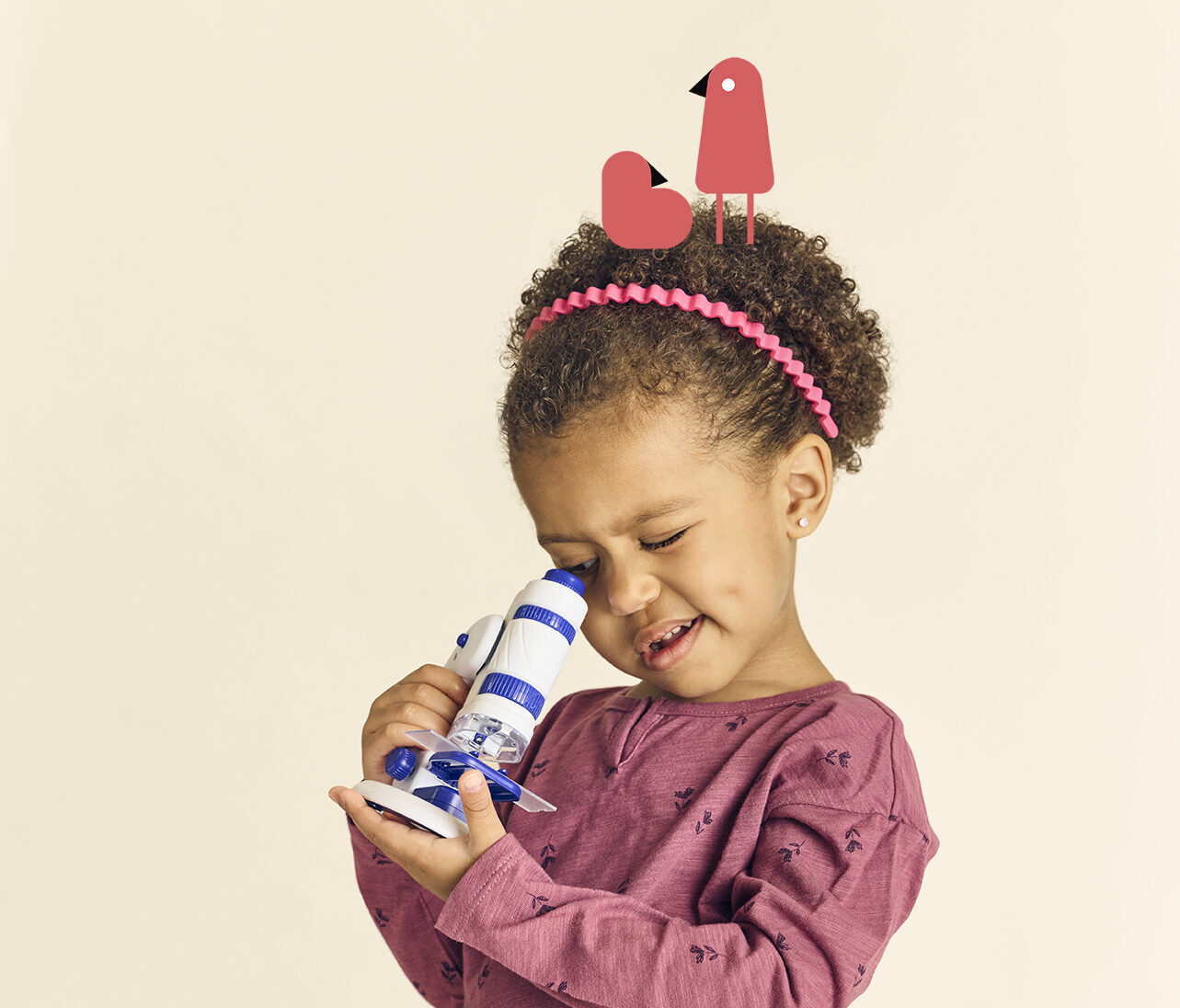
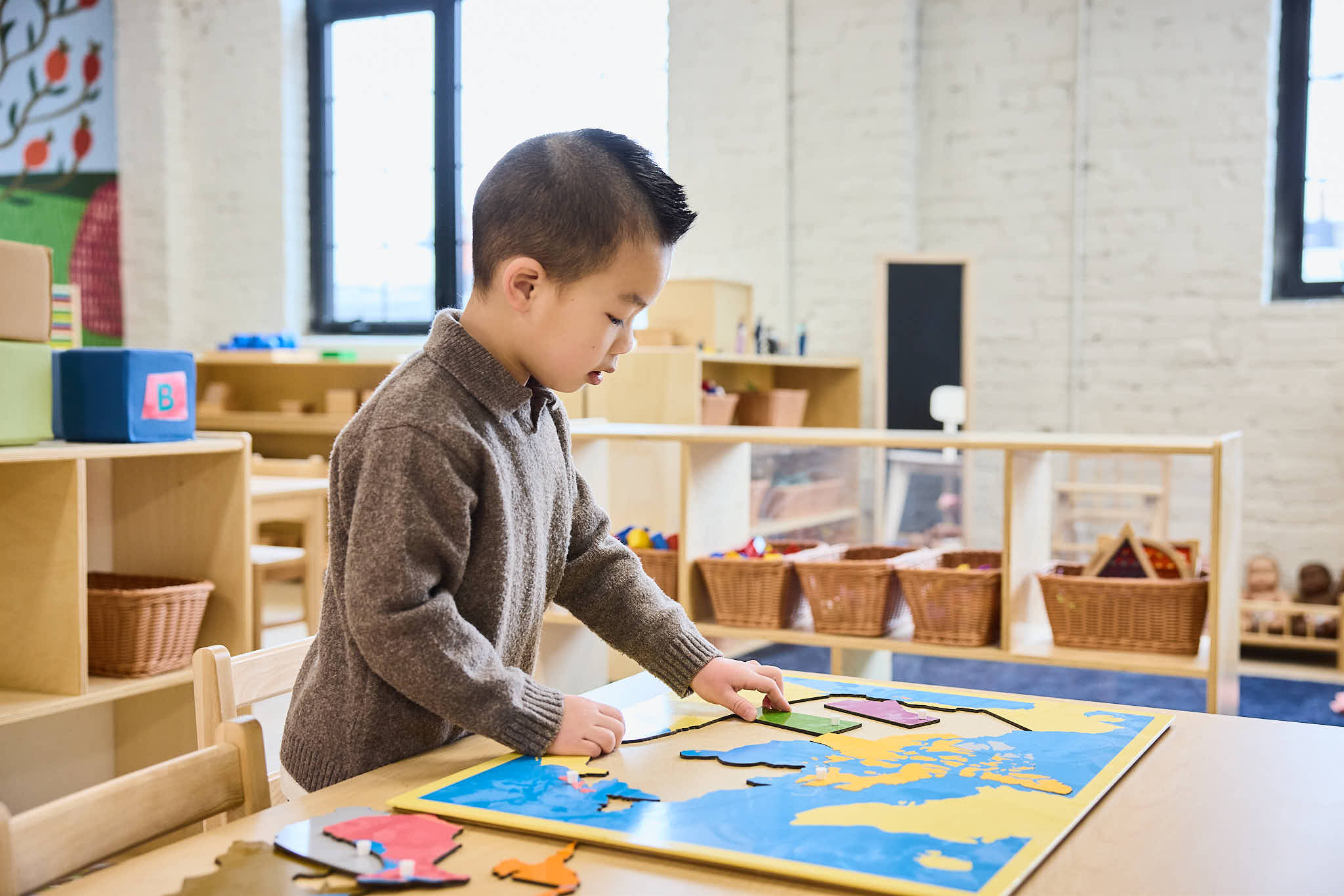
Well-rounded, knowledge based learning
Used with children in the Preschool program, Core Knowledge is a sequential learning model that is delivered in large group settings to foster teamwork, social-emotional development and socialization skills. Activities are subject-specific and planned to reach goals and milestones throughout the semester. This learning methodology effectively prepares children for grade school learning environments.
Key benefits of the Core Knowledge curriculum

Sequential programming

Reading comprehension

Creative and collaborative learning
Key elements
- Personal & social development
Personal & social development
The Second Step program teaches self- regulation and develops children’s social-emotional skills. It nurtures mental health and well-being by helping children understand their feelings and build positive relationships in the classroom. Activities about conflict resolution, managing strong emotions, calming oneself, listening and paying attention are covered in small group gatherings. Children build resilience and overall emotional intelligence with an awareness of the world around them.
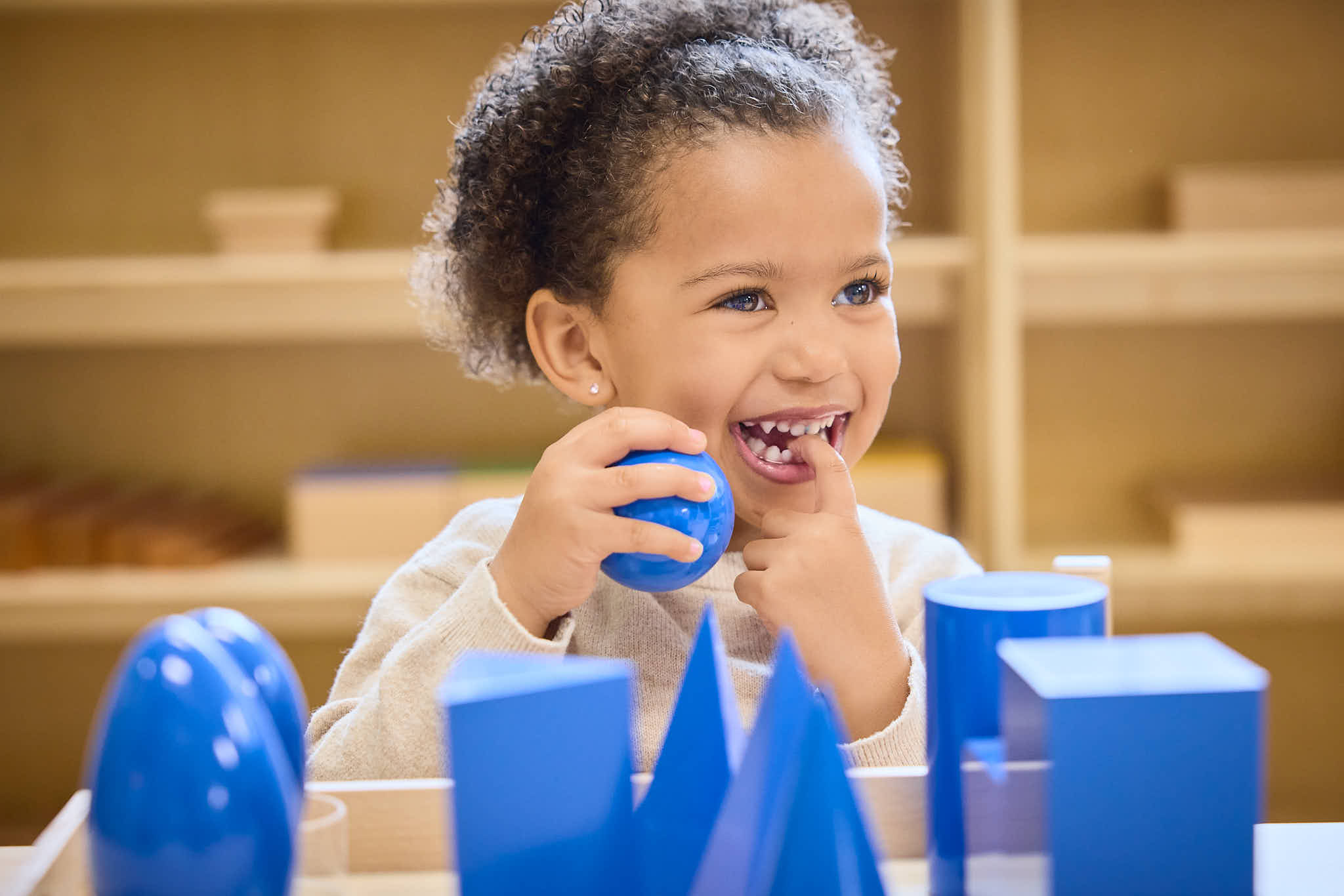
- Open-ended materials
Open-ended materials
Open-ended materials can be manipulated in a number of ways, allowing children to problem solve and develop their critical thinking skills as they consider all of the ways that the items can be used. Loose parts are a common example, which offer endless ways to identify, categorize and explore the materials. Another example is creative expression. When presented with artistic activities and materials, children are encouraged to let their imagination take the lead and express themselves through art, however that may look for each unique child.
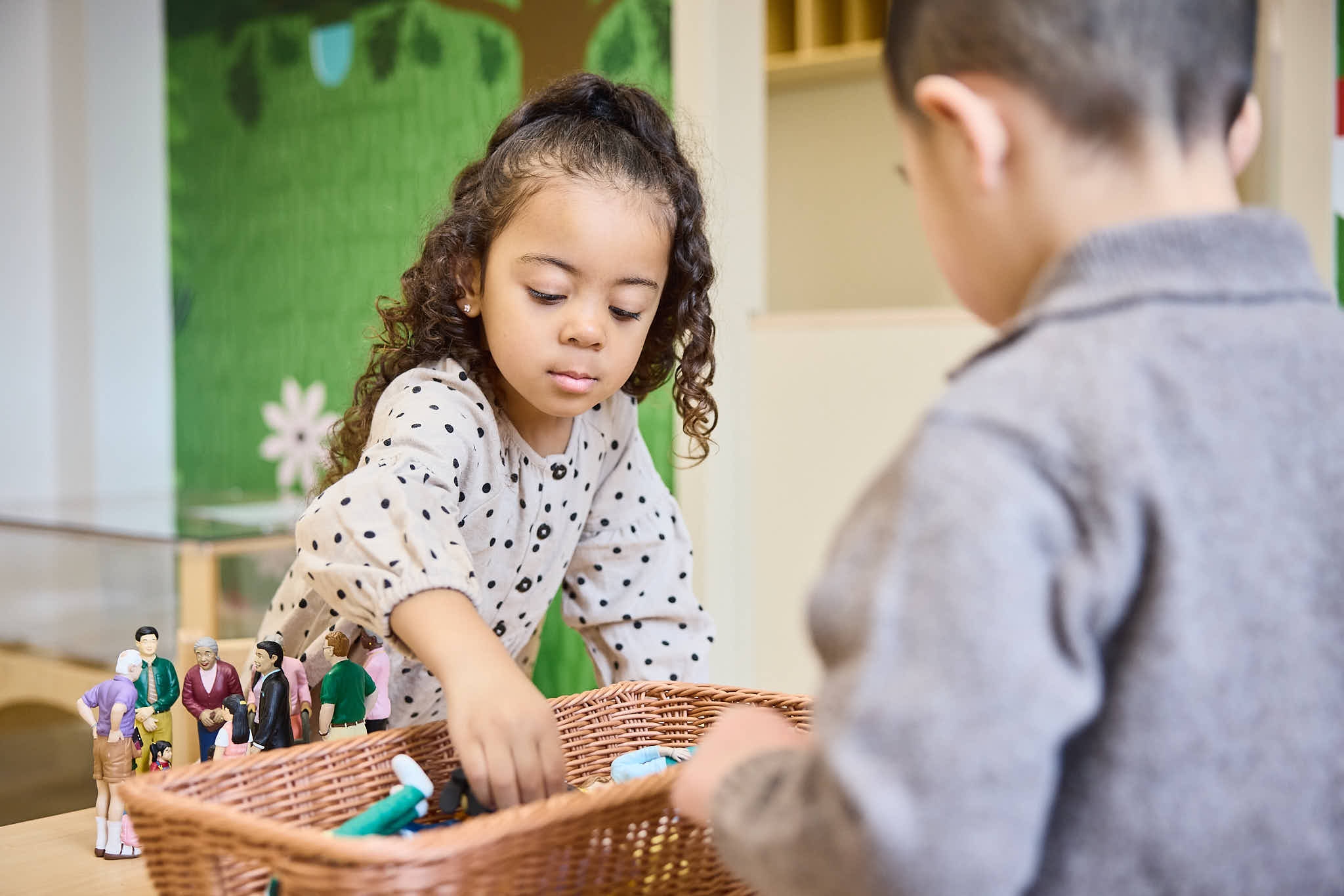
Programs
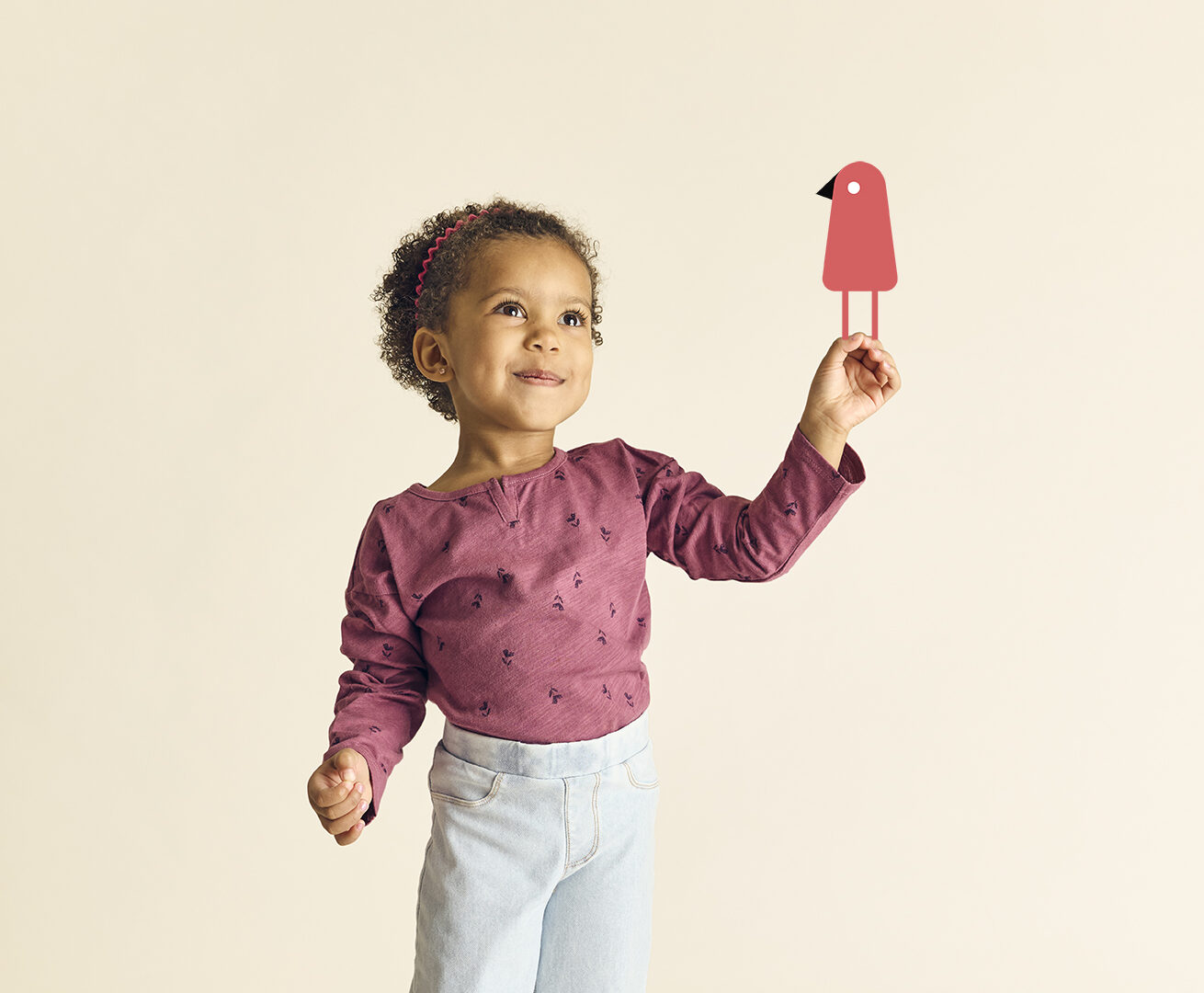
Preschool
Age: 2.5-4 Years
Our Preschool program lays the foundation for JK/SK and beyond. Children are exposed to Montessori and Core Knowledge curriculums balancing both left and right-brain learning.
FAQs
Have questions? We’ve got answers! Learn more about what makes our childcare centres the perfect place for your little one to learn and grow.
- What is the Core Knowledge approach, and how does it support early learning?
The Core Knowledge approach provides a structured, knowledge-rich curriculum that builds on foundational skills in language, math, science and the arts. At Learning Nest, we integrate early learning childcare principles to create engaging, age-appropriate experiences that prepare children for future success.
- How does Core Knowledge differ from Montessori daycare programs?
While both emphasize hands-on learning, Core Knowledge follows a structured, sequential curriculum, ensuring children build on prior knowledge. Montessori daycare, on the other hand, promotes self-directed exploration. Our programs incorporate the best of both approaches to provide a well-rounded education.
Recent Blog Posts

A Guide to Weaning: Puree vs. Baby-Led Feeding
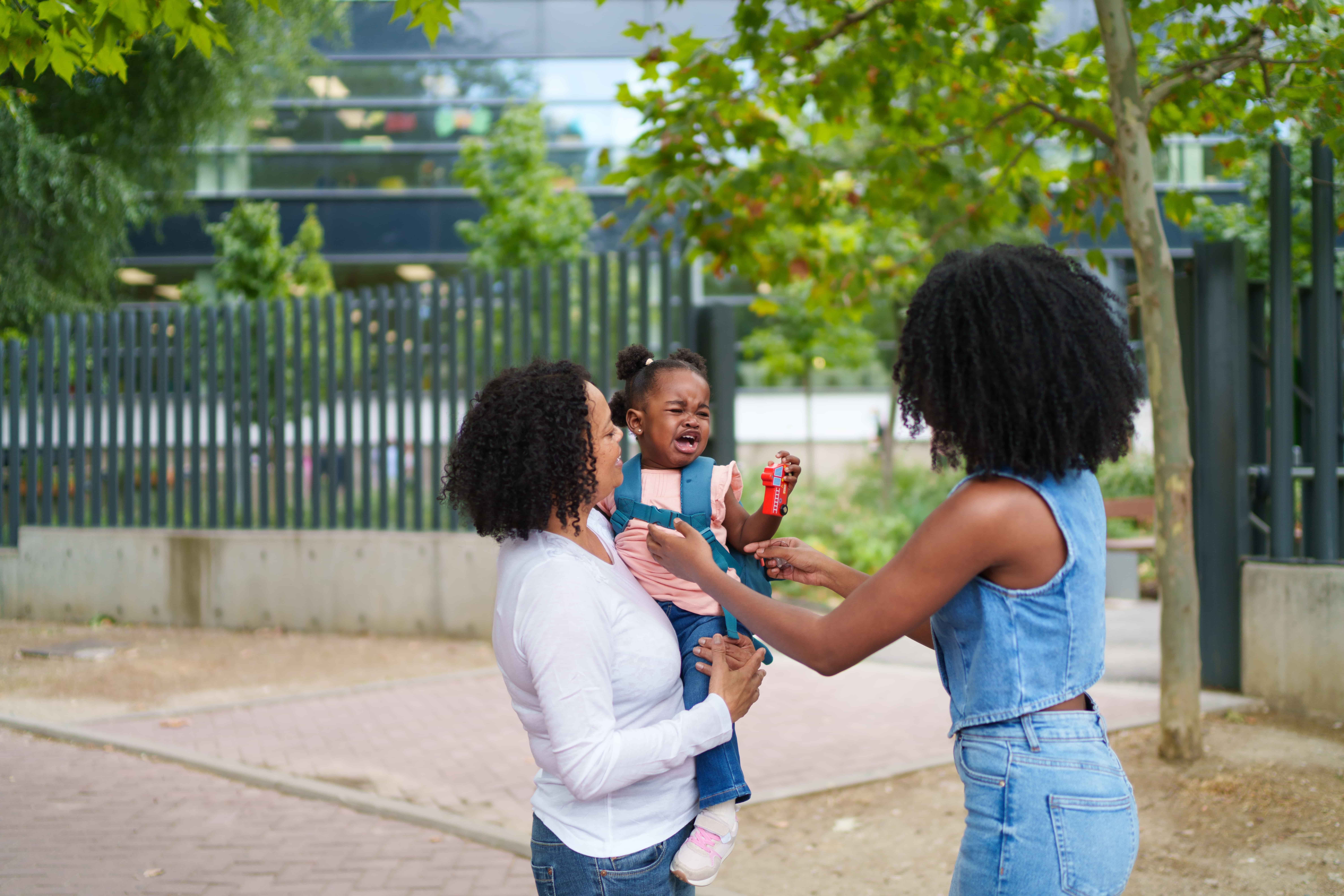
Dealing with Daycare Drop-Off Tears: Separation-Anxiety Strategies for Parents
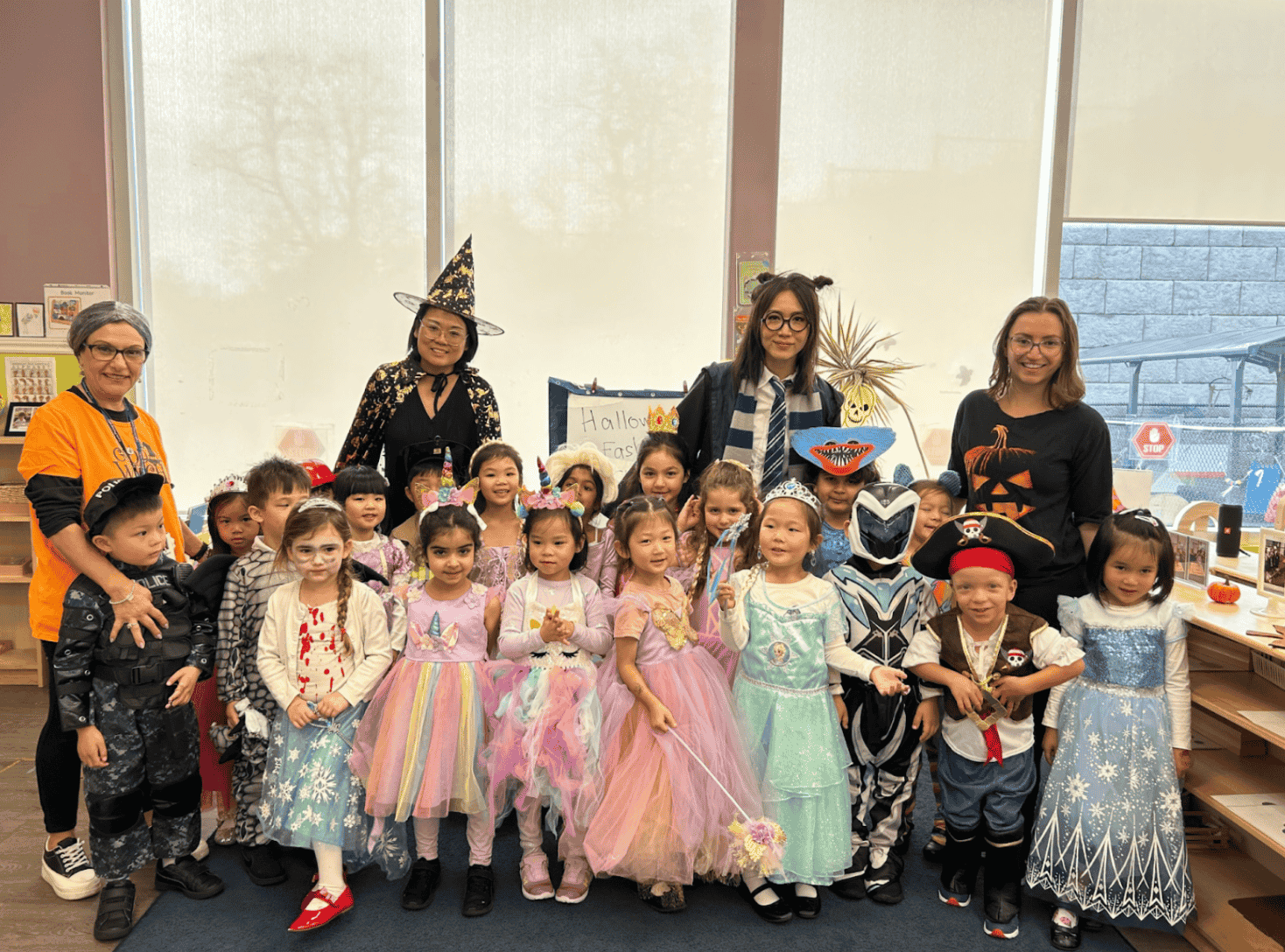
Top 8 DIY Halloween Costumes for Kids
